To implement the revolution of streamlined, effective and efficient organization, it is necessary to amend a number of laws on state apparatus organization, including the Law on Government Organization.
Amending this law is necessary, but the problem is how to amend it so that the revised regulations are suitable for reality and have long-term vitality, avoiding the situation where they have to be amended again after only a short time.
With that spirit, in my opinion, there are 5 issues that need to be raised when amending the Law on Government Organization (GOO) this time.
First is about the position of the Government.
In fact, the position of the Government has been stipulated in the 2013 Constitution, so if there is a need to re-regulate the correct position of the Government, it will be related to the Constitution. The draft law amendment takes back the provisions of the 2013 Constitution when determining that the Government is the highest state administrative body, exercising executive power, and is the executive body of the National Assembly - this is the point that needs to be considered.
How do our country's Constitutions regulate the position of the Government?
The 1946 Constitution stipulated that the highest administrative body of the whole country was the Government of the Democratic Republic of Vietnam, which did not stipulate that the Government was the executive body of the People's Parliament. The 1959 Constitution had a fundamental change when it stipulated for the first time that the Government Council was the executive body of the highest state power body, and the highest state administrative body of the Democratic Republic of Vietnam. The 1980, 1992 and 2013 Constitutions continued to define the position of the Government as the executive body of the National Assembly.
I still remember when preparing the 1980 Constitution, the late Prime Minister Pham Van Dong, in a Government meeting to discuss the draft amendment to the Constitution, the part referring to the Council of Ministers (ie the Government according to the concept at that time) said that the provision that the Council of Ministers is the executive body of the National Assembly is not standard and needs to be rewritten to be accurate. Unfortunately, that did not happen.
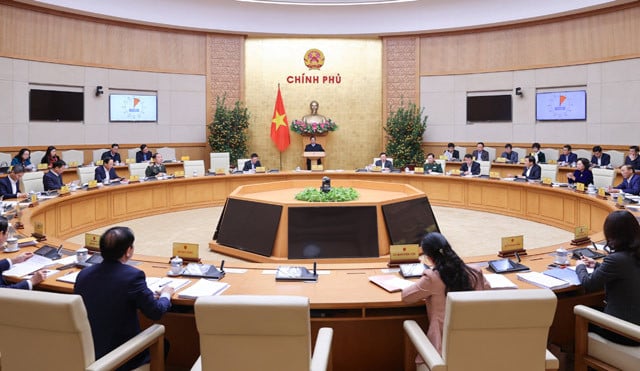
Regular Government meeting on February 5. Photo: Nhat Bac
This is because there is a fundamental confusion between the function of the Government and the position of the Government. The Government of our country, like the governments of other countries in the world, is organized according to the branches of state power, namely the legislative, executive and judicial. Laws issued by the legislative body must be enforced and followed. Law enforcement and law enforcement are the functions of the executive body, but from the law enforcement function of the executive body to the determination that the Government is the executive body of the legislative body is a confusion between function and position.
Furthermore, in terms of formal thinking, why are the Supreme People's Court and the Supreme People's Procuracy not identified as executive bodies of the National Assembly? It is necessary to clearly affirm that the Government, the Supreme People's Court and the Supreme People's Procuracy are constitutional bodies, although the personnel of these three bodies are elected or approved by the National Assembly.
Does any country have such a regulation on the position of the government? Even China, a country with many similarities in its political system with Vietnam, does not have such a regulation. The Chinese Constitution defines the State Council of the People's Republic of China, also known as the Central People's Government, as the highest state executive body and the highest state administrative body.
Second, on the principles of organization and operation of the Government
This is one of the important contents, if correctly determined, it will be the basis for ensuring effective operation of the Government.
The two drafts of the Law on TCCP and the Law on Organization of Local Government have both stipulated the issues of decentralization, delegation and authorization. If these issues are properly regulated, a major institutional bottleneck will really be overcome.
The requirement is that the principles of organization and operation of the Government must be clear, not general, and especially should avoid regulations in the direction of the goals to be achieved and therefore not be real principles. For example: implementing national governance in the direction of modernity, effectiveness, efficiency; building a unified, smooth, continuous, democratic, rule of law, professional, modern, scientific, clean, public, transparent, disciplined, administrative discipline, creating a favorable environment for people, businesses...
Another issue is the responsibility and relationship between the Government, the Prime Minister and the ministers. What is the principle governing this content? Considering the idea of clearly defining the tasks, powers and responsibilities between the Government, the Prime Minister and the ministers, heads of ministerial-level agencies and the functions and scope of management between ministries and ministerial-level agencies; promoting the personal responsibility of the head as the principle of organization and operation of the Government is also an issue that needs further consideration, because this is not really a principle, but a regulation towards the goal to be achieved.
One experience that can be referred to is the operating principles of the Federal Republic of Germany Government. The German Federal Republic Government model is quite different from the US because the US Government operates according to the principle of presidential decision-making, and the members of the Government are only advisors to the President.
The German Federal Government operates according to three principles: the Chancellor principle; the sectoral principle and the collective principle. The Chancellor principle, also known as the policy principle, means that the Prime Minister decides on the direction, guidelines and policies in the government's activities.
The sectoral principle means that ministers, within the framework of guidelines and policies set by the Prime Minister, are fully proactive and responsible for managing the assigned sector. According to this principle, the Prime Minister does not interfere in the activities of the ministry, except in cases where the minister in a specific job violates guidelines and policies decided by the Prime Minister.
The collegial principle means that matters within the Government's competence must be discussed collectively and voted upon by majority vote. The Prime Minister also has only one vote, equal to that of the other members of the Government.
Third, the issue of decentralization and delegation of power.
There is no other country where the topic of decentralization and delegation of power is mentioned as much as in our country. Strengthening and promoting decentralization and delegation of power is always mentioned in the direction of the Government and the Prime Minister and is identified as a condition and premise for state administrative agencies to operate effectively and efficiently, serving and meeting the requirements of the country's socio-economic development.
It is really useful because both the draft Law on TCCP and the Law on Organization of Local Government have stipulated the issues of decentralization, delegation and authorization. If these issues are properly regulated, it will really break through a major institutional bottleneck.
In the scope of this brief article, I will only give my comments on 3 concepts, which are basically the 2 concepts of decentralization and authorization. The concept of decentralization is not standard and in my personal opinion, there is no concept of decentralization.
For a long time, we have only used the concept of decentralization according to the connotation of decentralization, that is, the central agency transfers, "decentralizes" some of the work we have been doing for a long time to the locality. The following documents can be mentioned: Resolution No. 94-CP dated August 27, 1962 of the Government Council promulgating regulations on decentralization of economic and cultural management to the administrative committees of provinces and centrally run cities; Resolution No. 186-HDBT dated November 27, 1989 of the Council of Ministers on decentralization of budget management to localities; Resolution No. 99/NQ-CP dated June 24, 2020 of the Government on promoting decentralization of state management by sector and field.
It was not until 2022 that the phrase “decentralization” was expressed in Resolution No. 04 on promoting decentralization and delegation of power in state management, although it did not clearly define what decentralization and delegation of power were. It should also be noted that previously, the Law on Organization of Local Government in 2015 had provisions on these two concepts.
The draft Law on TCCP states that the Government, Prime Minister, and Ministers shall decentralize to the People's Council, People's Committee, and Chairman of the People's Committee to continuously and regularly perform one or several tasks and powers under their authority, except in cases where the law stipulates that decentralization is not allowed according to the principle that the agency, organization, unit, or person being decentralized shall be fully responsible for the results of the performance of the decentralized tasks and powers.
The question is: Do the tasks and powers that are decentralized still belong to the decentralized agency or organization? And the additional provision of the draft law on the agency and the person who decentralizes are responsible for the results of the implementation of the tasks and powers that they have decentralized in the event that the conditions for decentralization are not guaranteed, showing the ambiguity in the concept of "decentralization" according to this draft law. In my opinion, there is only decentralization, if not decentralization then delegation, we should not introduce such a concept of decentralization, which is confusing and difficult to implement in practice. And importantly, such a provision is also consistent with and similar to the institutions of countries, including in order of decentralization, delegation and decentralization.
Fourth, on ministries and ministerial-level agencies
It can be said that the concept of ministries and ministerial-level agencies has undergone many changes, but it still seems not completely suitable.
The 1961 Law on Organization of the Government Council does not have a separate definition of a ministry, but only stipulates that “Ministers, heads of ministerial-level agencies… lead all work within their scope of responsibility…”.
For the first time, the responsibility for state management of the sector or field of work assigned to the minister was stipulated in the Law on Organization of the Council of Ministers in 1981.
The 1992 Law on TCCP, Article 22, defines: "Ministries and ministerial-level agencies are Government agencies that perform the function of state management over sectors or fields of work nationwide."
In the 2001 Law on TCCP, due to reference to foreign experience in public services, Article 22 stipulates: "Ministries and ministerial-level agencies are Government agencies that perform the function of state management of sectors or fields of work nationwide; state management of public services in sectors and fields; and represent the owner of state capital in state-owned enterprises according to the provisions of law."
14 years later, the 2015 Law on State Capital Management, Article 39, no longer mentions the representation of the state capital owner when defining ministries and ministerial-level agencies as government agencies performing the state management function of one or several sectors, fields and public services in the sector or field nationwide.
This amendment to the Law on TCCP is expected to maintain the provisions of the 2015 Law on ministries and ministerial-level agencies. If so, there will be several problems as follows:
- The regulation of the ministry in charge of state management of public services in sectors and fields is actually redundant because state management of sectors and fields already includes state management of public services. For example, the Ministry of Health managing the health sector means that the ministry is in charge of state management of medical examination and treatment. In medical examination and treatment, public hospitals provide medical examination and treatment services to people, which is a public service of medical examination and treatment;
- From that, it shows that when talking about state management of public services, then the Ministry of Health does not manage state management of private health services? Certainly, it is the Ministry's duty, but it is not regulated. Of course, in a broad sense, state management of private health services is within the scope of state management of the health sector nationwide of the Ministry.
- One of the important functions of ministries and ministerial-level agencies is the responsibility to provide public services, which is not reflected in the concept of ministries and ministerial-level agencies. The Ministry of Health has a series of public hospitals under its management to provide public services on behalf of the Ministry in terms of medical examination and treatment for the people. Similarly, the Ministry of Culture, Sports and Tourism has a series of public service units providing public services to society in the fields of culture, entertainment, arts, etc.
Therefore, it can be seen that while there is not yet a clearer and more standard definition of a ministry, the provision of the 1992 Law on TCCP is the most appropriate: A ministry or ministerial-level agency is a government agency that performs the function of state management over a sector or field of work nationwide.
How do countries regulate the functions of ministries?
For a long time, we have only used the concept of decentralization according to the connotation of decentralization, that is, the central agency transfers, "decentralizes" some of the work we have been doing for a long time to the locality.
The Japanese TCCP Law uses the following general formula when defining the responsibilities of ministries: Ministries are established to undertake administrative matters under the management and control of the Cabinet.
South Korea uses the general formula of “in charge of issues” in various areas when defining the responsibilities of ministries. For example, the country’s TCCP Law stipulates in Article 27: “The Ministry of Finance and Economy is in charge of issues related to the establishment, general inspection and coordination of economic policy, currency, finance, national treasures, government accounts, domestic tax system, customs, foreign exchange, economic cooperation and state assets.”
Thailand's Ministry Reorganization Law 2002 uses the general formula "Ministries have rights and obligations regarding" when defining the responsibilities of ministries. For example, Article 10 of this law stipulates: The Ministry of Finance has rights and obligations regarding public finance; asset valuation; management of government support; activities related to government real estate and national treasures; taxes; fees... Or Article 14 stipulates: The Ministry of Tourism and Sports has rights and obligations regarding the encouragement, support and development of tourism industry, sports, sports education...
Fifth, on government agencies
It is commendable that for the first time, there is a proposed definition of a government agency. There is a concept of a ministry and a ministerial-level agency, so it is extremely necessary to have a concept of a government agency. The draft revised Law on TCCP defines this as an agency established by the government, performing the function of implementing policies, serving state management, and providing public services.
Thus, this type of agency performs one of the three functions mentioned above. Let's try applying it to five government agencies: Voice of Vietnam, Vietnam News Agency, Vietnam Television, Vietnam Academy of Science and Technology, and Vietnam Academy of Social Sciences to see if it is appropriate or not. It is difficult to say whether it is appropriate. Furthermore, it is also necessary to clarify what policy implementation is. The law cannot simply state a general concept of "policy implementation" so that it can be understood and explained however it wants later. The National Assembly promulgates policies by passing laws and resolutions. The Government also promulgates policies by issuing decrees or joint resolutions. So which government agency implements the policies of which agency? And why don't government agencies enforce the law?
It is likely that the concept of policy implementation agency was created through reference to the experience of the United Kingdom when implementing the “Executive Agency” model since 1988 in an effort to reform and innovate the civil service. “Executive Agency”, roughly translated as “Executive Agency”, are agencies under the Government ministries, responsible for public services, research or regulation, in short, “implementing” something. This type of implementation agency is given quite a lot of autonomy, from organization, personnel and especially finance.
Thus, the key point of the enforcement agency in the UK is the concept of stopping at enforcement, while our draft Law on Public Administration adds the concept of policy enforcement, serving state management, and providing public services.
Source: https://moha.gov.vn/tintuc/Pages/danh-sach-tin-noi-bat.aspx?ItemID=56873








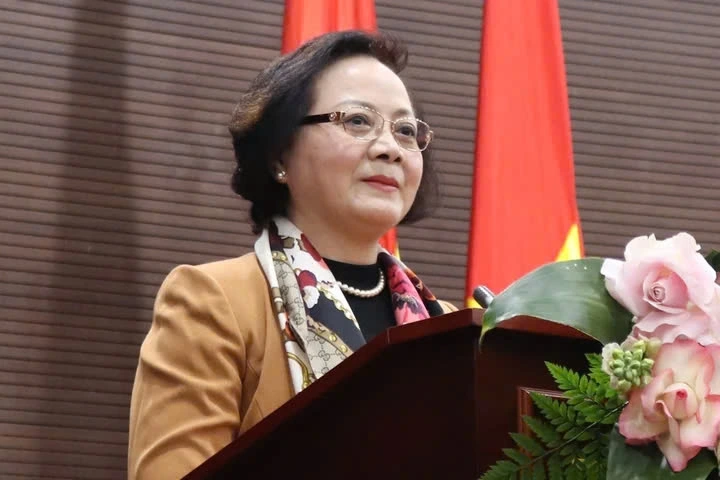
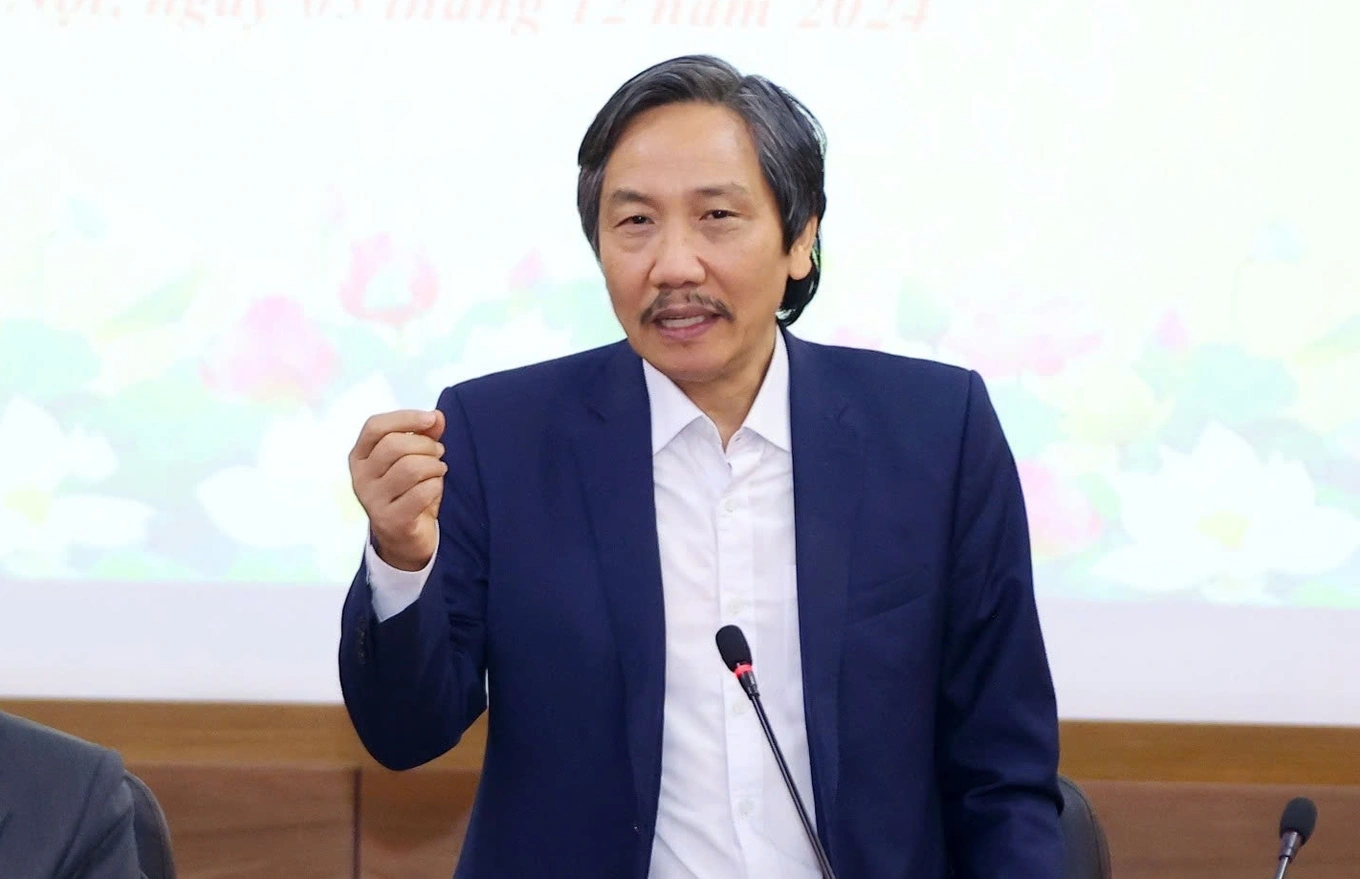


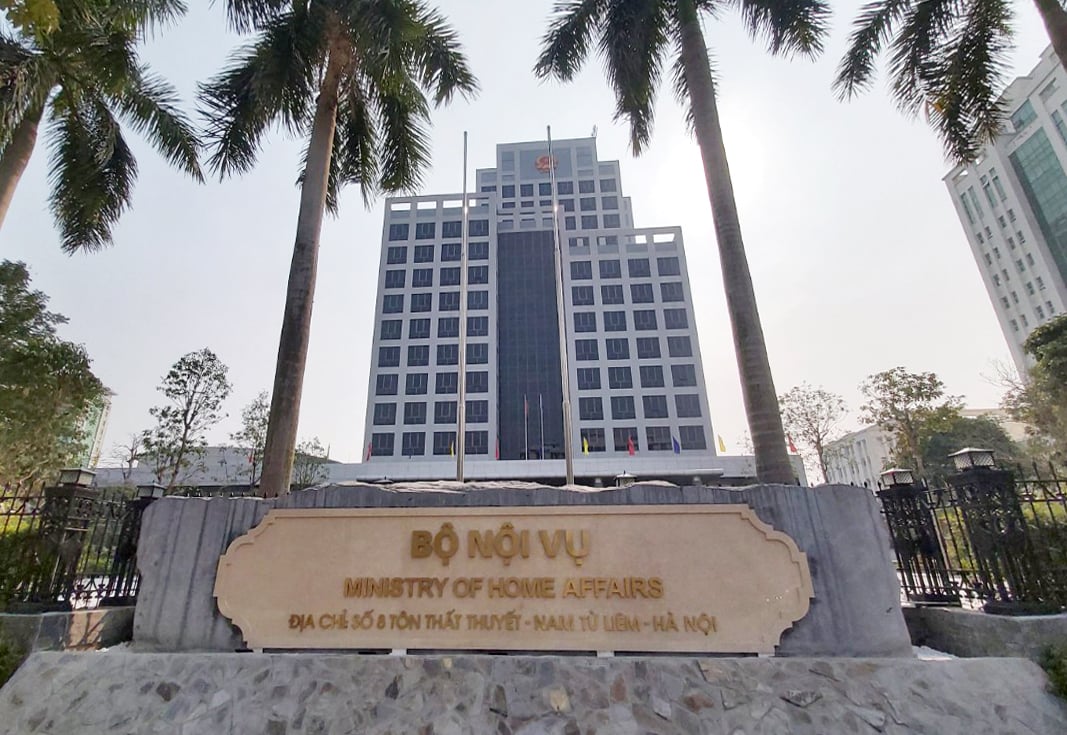

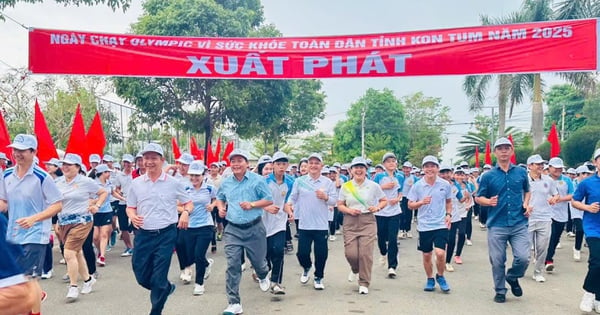





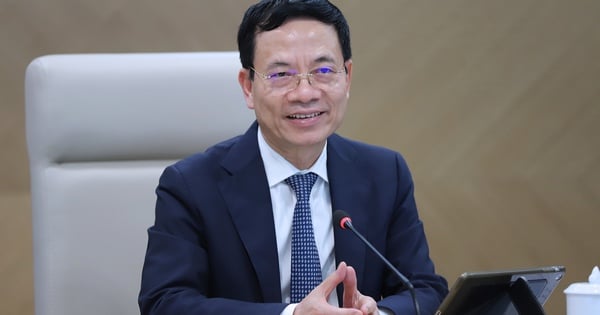



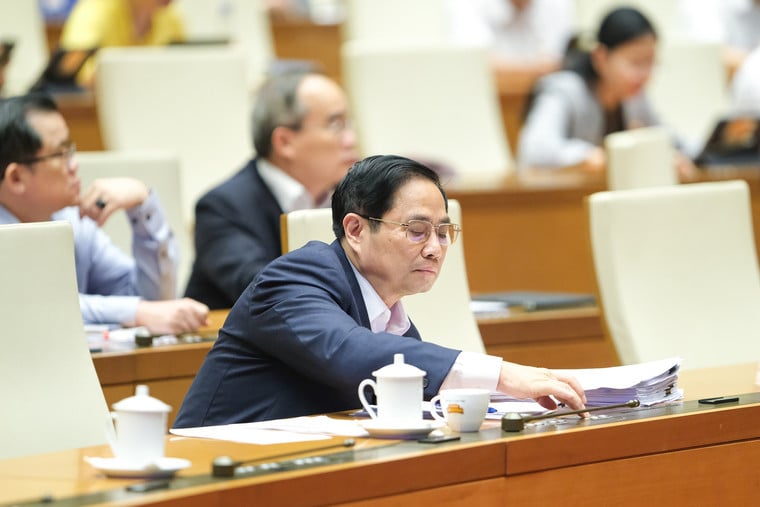
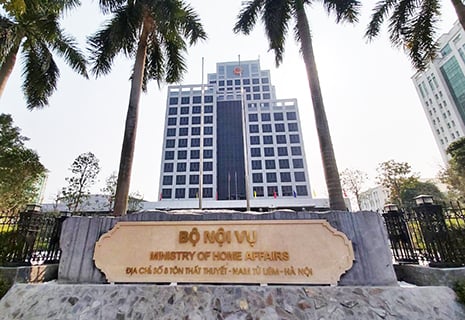
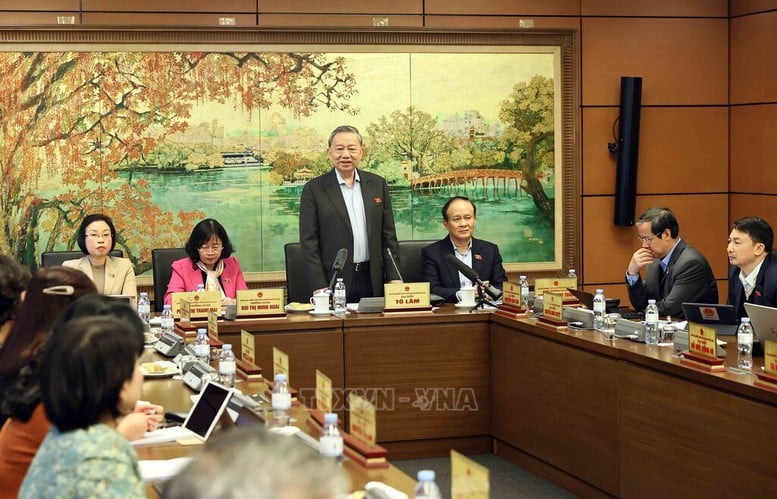
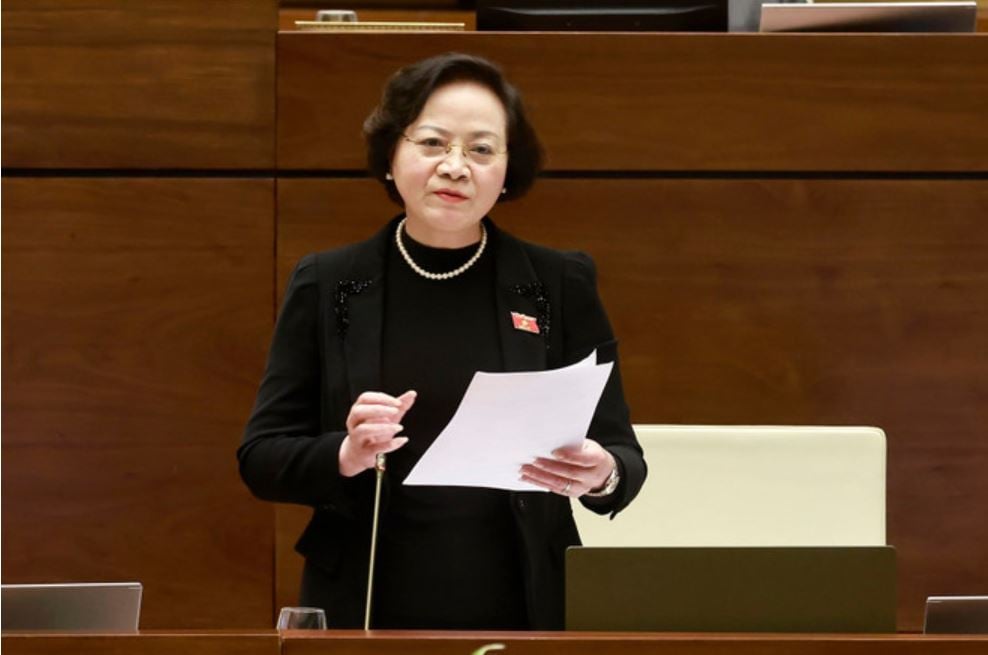
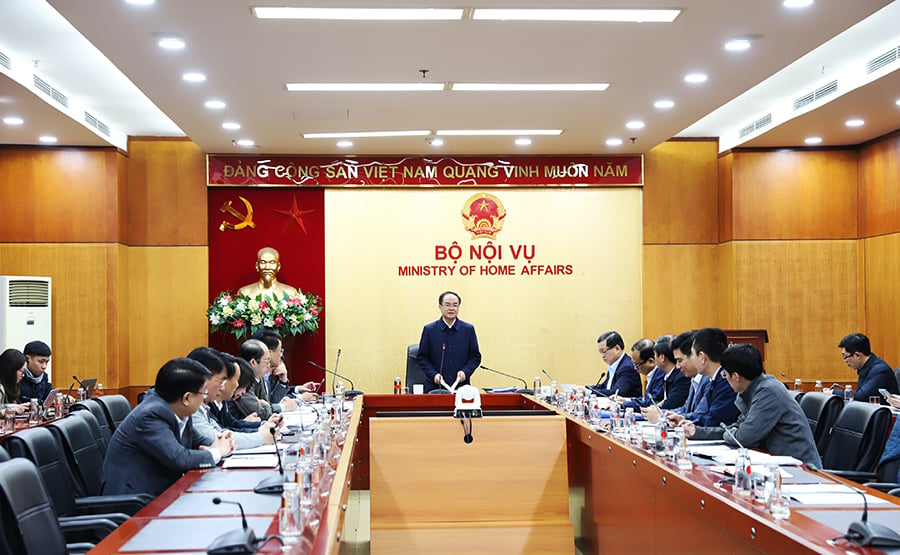
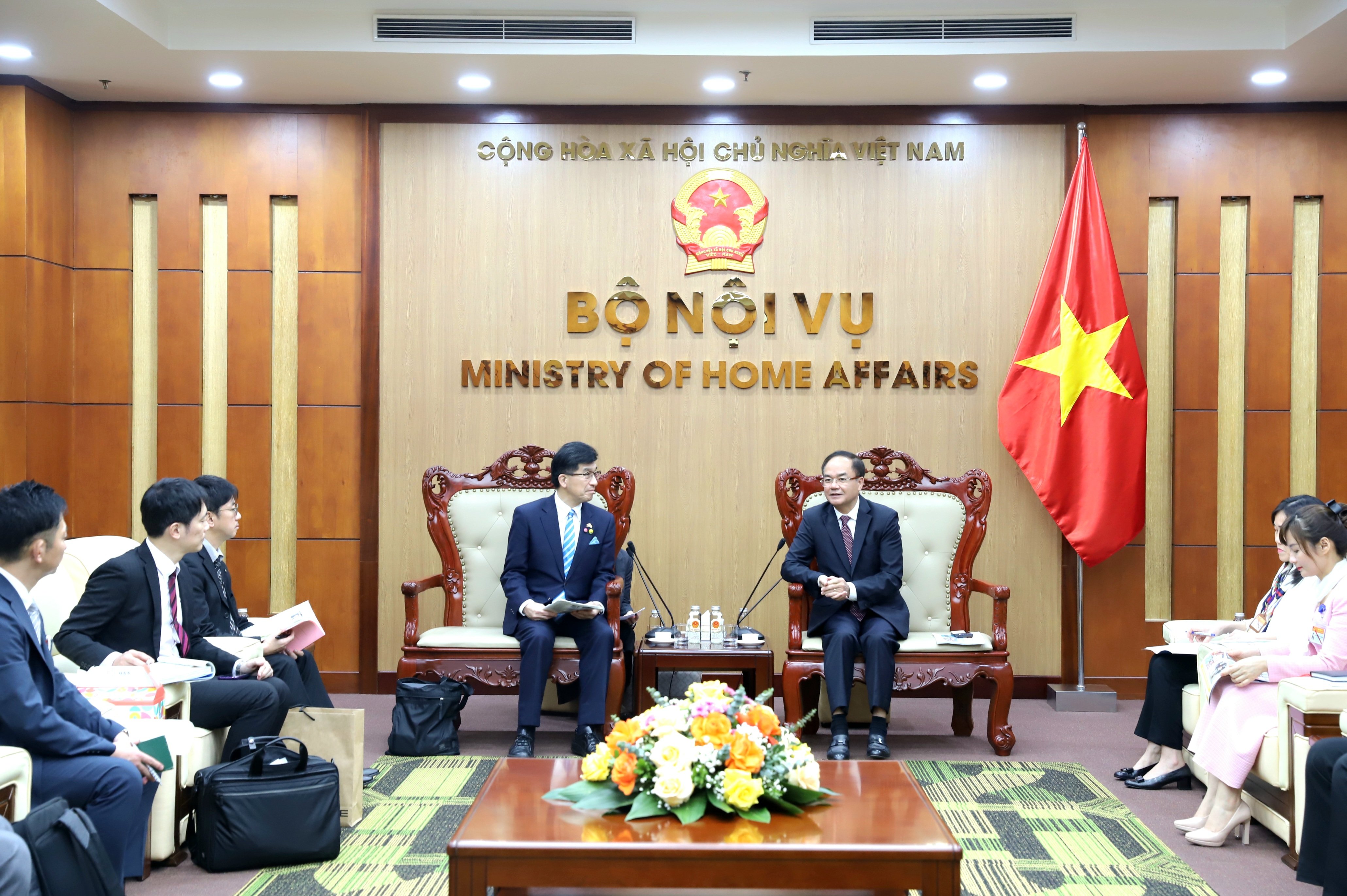







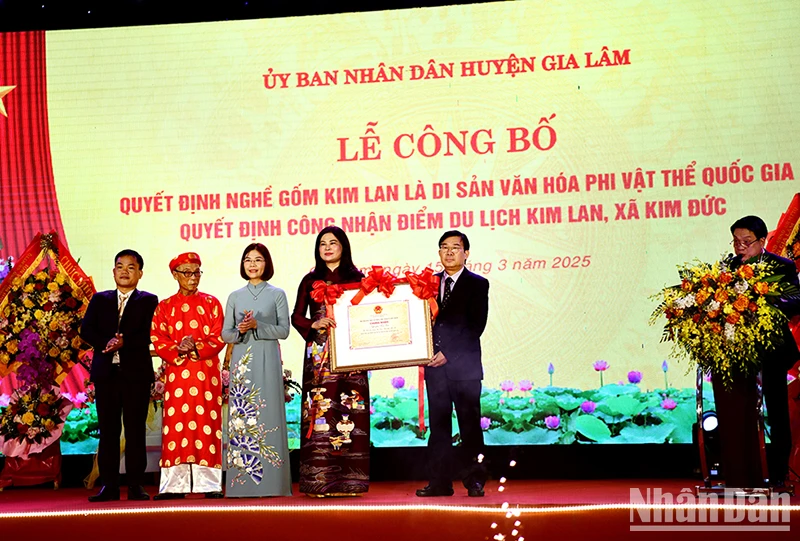

























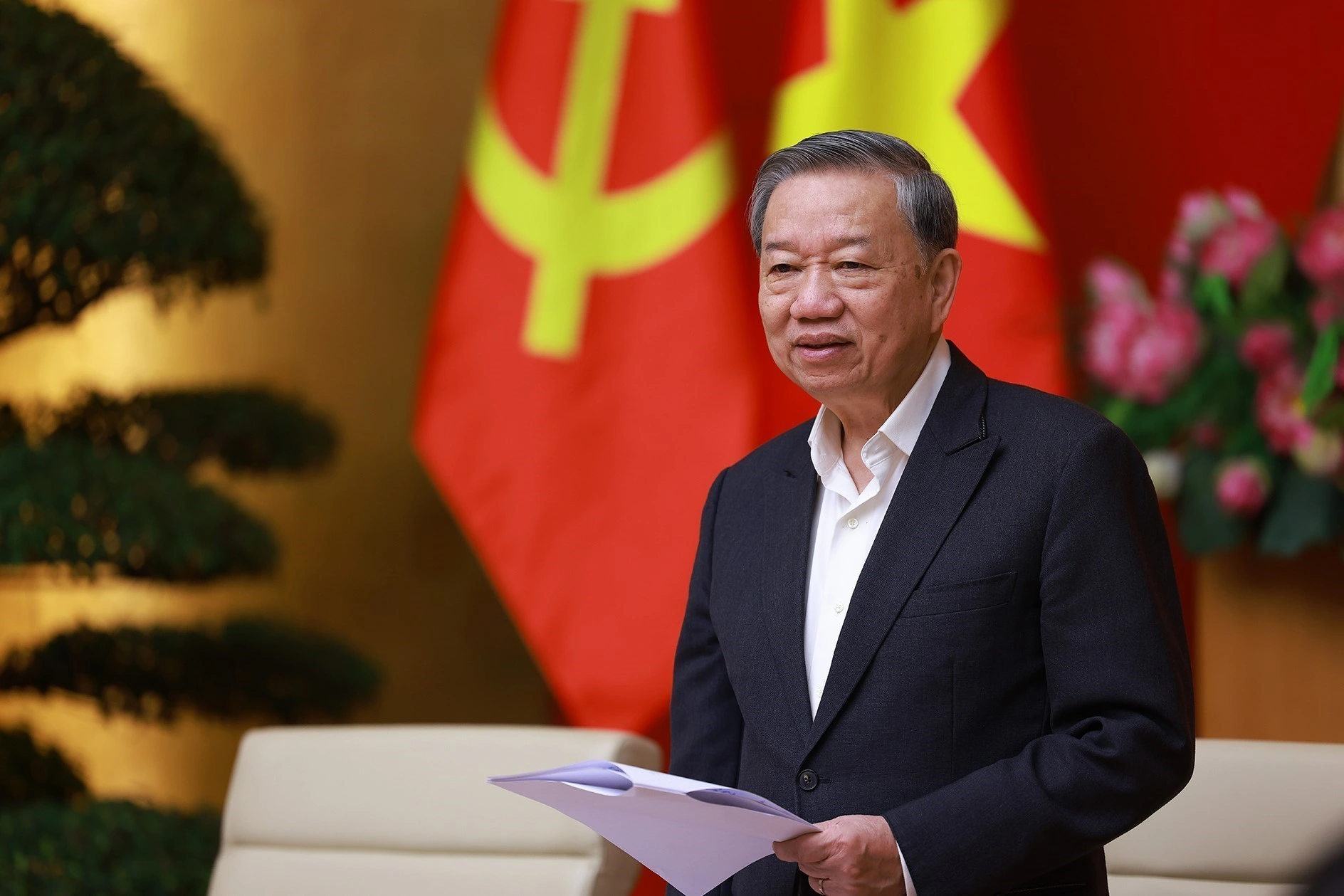


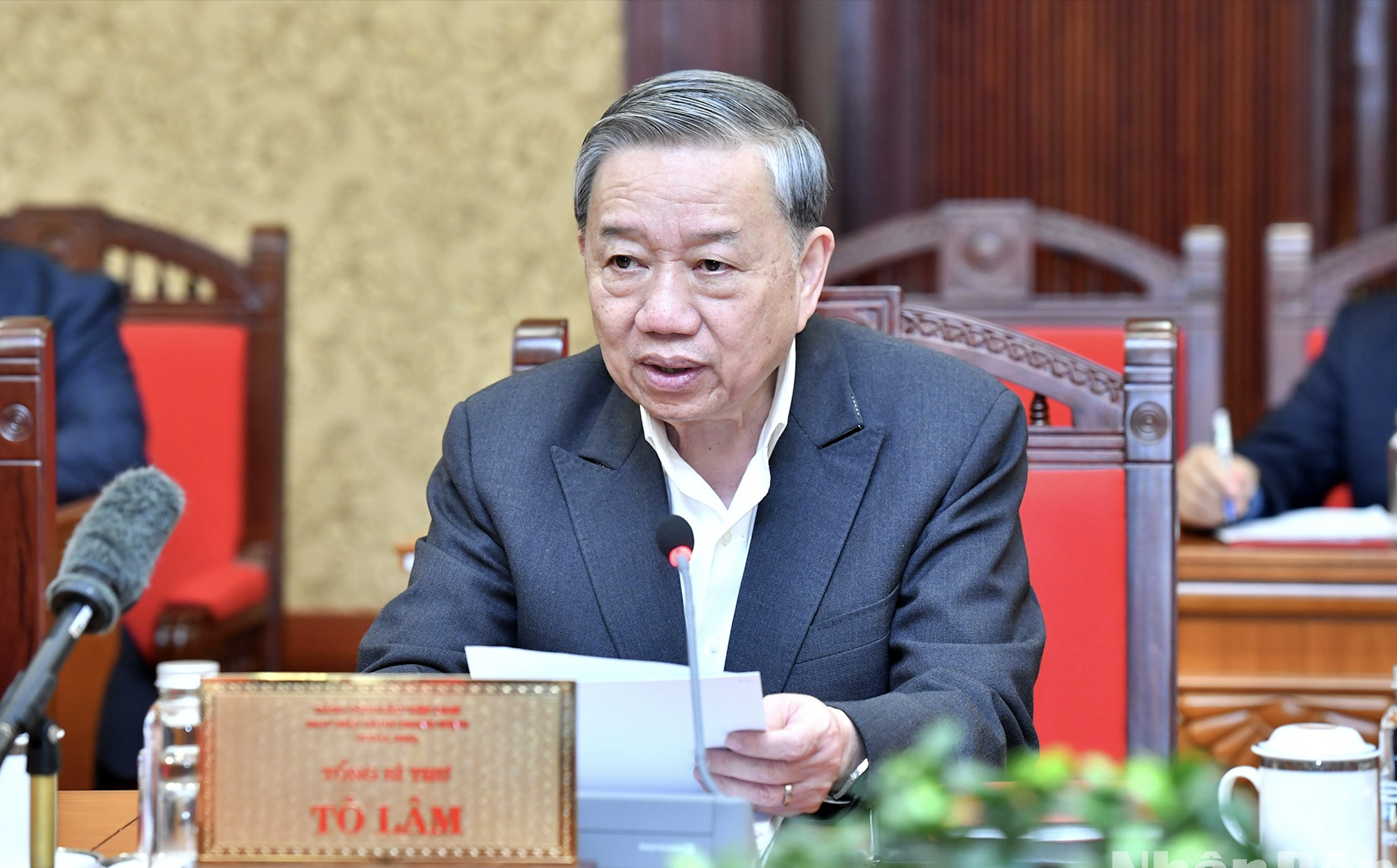









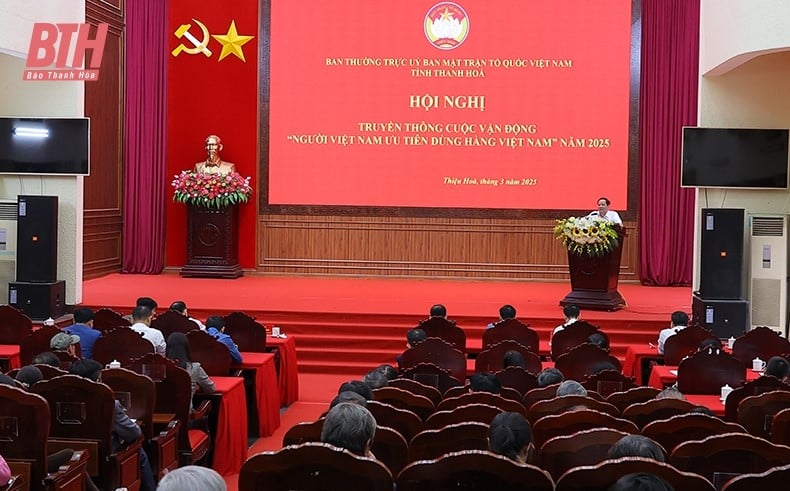





Comment (0)